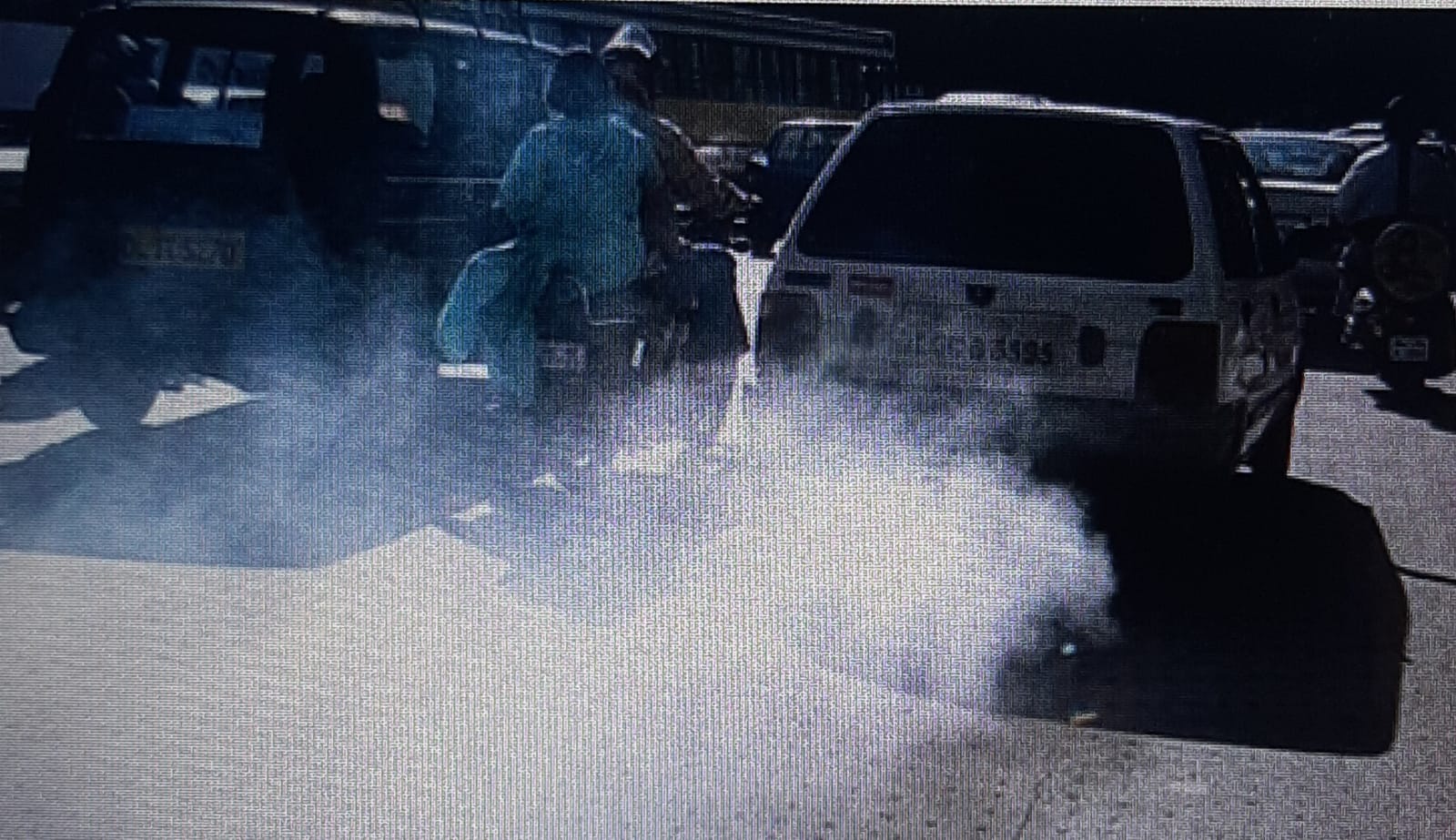
The government should immediately withdraw the policy of scrapping old vehicles and work on strictly enforcing the pollution standards of vehicles, old and new alike. A study has proved that vehicle pollution was only around 20 percent of the total pollution. Thus the public must be enabled to avail and possess old vehicles until our rulers are able to make new ones affordable for all, writes former IAS officer V.S.Pandey
‘’It would be so nice if something made sense for a change .‘’
The bewilderment of Alice in wonderland resonates in the whataboutery that prevails in tackling pollution. The solution being actively implemented in our nation currently, is to scrap vehicles older than 15 years such as motor vehicles, trucks, buses, jeeps etc. It is the consequence of decisions taken in light of the stringent orders passed by various courts in response to public interest litigations filed in the Supreme Court, other high courts, National Green Tribunal etc. regarding the pollution prevailing in Delhi and in resolution of this exigent problem.
The foremost question that arises here is whether the nation’s capital is a “country”. The second question is whether the formula for solving the problem of such a small area-Delhi- should be imposed on the entire country and the third question is whether all the facts were seriously considered before taking the decision to scrap these fifteen-year-old petrol vehicles and ten-year-old diesel vehicles? All these questions are vital. Their answers will suffice to expose the truth of the entire system of our country today. We should remember that the founders of India were so frugal that they used to meticulously even remove the pin from the paper before discarding it so that the pin could be reused in future. In stark contrast, today our governments are profligate and determined to scrap lakhs of good vehicles worth thousands of crores of rupees in the name of resolving the problem of pollution.
The most salient fact is that India is still poor and no matter how much we have achieved, remarkable in many ways, crores of our populace are still wallowing in poverty devoid of even most basic necessities. Poverty needs to be tackled more urgently. We do not have the prosperity for the abundance of vehicles required to augment pollution. So why cry wolf? Where do we stand in terms of vehicles in comparison to other nations of the world ?
As per publicly published data, the number of vehicles (includes cars, vans, buses, hired vehicles, trucks, etc., excluding two-wheelers) per thousand population is 900 in the US, 870 in Canada, 840 in Australia, 810 in Japan, 755 in Italy, 655 in Germany, 560 in the UK, 400 in Brazil, 361 in Russia, 330 in Thailand, 260 in Botswana, 231 in China, 188 in South Africa, 183 in Iran, 157 in Sri Lanka, 150 in Bhutan, 113 in Nepal, 82 in Indonesia, 69 in Pakistan, 60 in Bangladesh, whereas in India there are only 57 vehicles per thousand population. So India is lagging woefully behind in terms of availability of vehicles, even compared to our poorer neighbours. Despite this, the campaign is on, full swing, in our country to destroy lakhs of vehicles in the name of reducing pollution in Delhi and elsewhere. It seems that the nation has just one predominant problem- the extreme pollution in Delhi, where the rulers are residing and to combat it destruction of old vehicles is deemed necessary. This wanton scrapping is done even after a detailed investigation, done by an IIT group, proved that vehicle pollution was found to contribute only around 20 percent of the total pollution. Still the manufactured narrative continues despite the fact that even after strict enforcement of this policy , pollution in Delhi has not eased even a bit.
This is a reaction to over activism. In the last few decades, such entities have also been included in the governance of our country who have acquired the power to take decisions on public related issues but they are not accountable to the public. The constitution makers had made a clear division of power between the three organs of the government- the judiciary, the legislature and the executive, but gradually the lines of division of work were blurred and policies started being made on judicial orders- as happened during the campaign to run vehicles on CNG gas in Delhi -which, like other petroleum products, are imported from foreign countries. This burdensome campaign the manhours too that are being wasted, in the name of reducing pollution, continues even today. For those who make such decisions- the powers that be , the struggle of drivers desperate to get CNG- standing in ever lengthening queues for hours at CNG filling stations is ignored wilfully.
Even more irrational is the decision banning diesel vehicles older than ten years and petrol vehicles older than fifteen years from plying in Delhi. It is incomprehensibly illogical. If pollution has to be checked, then it would be sensible to stop vehicles that do not meet pollution standards from plying -until they pass the pollution test. Just think -when a vehicle continues to meet pollution standards for fifteen years, will that vehicle deliberately start violating the standards in the sixteenth year? Every vehicle, whether new or old , even today , has to obtain pollution control certificates every six months. Then how can anyone insist on increasing the financial burden on a majority of our populace by ordering the destruction of vehicles based only on its age, defies comprehension.
The country is already lagging far behind in terms of the number of vehicles we possess globally. In such a situation, it would be unfortunate to scrap even those vehicles which are in efficient working condition and certified pollution free. There should be regular and strict checking on the level of pollutants and the smoke emitted by the vehicles and all the vehicles should be allowed to run as long as they comply with the pollution standards.
In India, a large majority aspire to get a four-wheeler – which can only be fulfilled by buying an old car or vehicle. Even today, more than 100 crore Indians do not have the capacity to buy new vehicles, but old vehicles are within their purchasing capacity. Why deny them even this luxury ? Mindlessly destroying old vehicles is not in the interest of the people at all. It seems that the people taking such callous decisions in our country do not know India – where more than 30-40 old scooters and other vehicles are still used to transport goods by Jugaad (improvised means) and these can be seen running around Delhi also constantly.
The policy makers should not only look after the interest of the new motor vehicle and truck manufacturers, but should also formulate policies for those 100 crore people for whom buying a new bicycle or a two-wheeler is a dream. India is a country of 140 crore people and not of the 20-30 crore rich only. Therefore, it is not right to unnecessarily harass the common people and deprive them of an affordable vehicle on the pretext of pollution. The government should immediately withdraw the policy of scrapping old vehicles and work on strictly enforcing the pollution standards of vehicles, old and new alike. The public must be enabled to avail and possess old vehicles until our rulers are able to make new ones affordable for all.
(Vijay Shankar Pandey is former Secretary Government of India)









